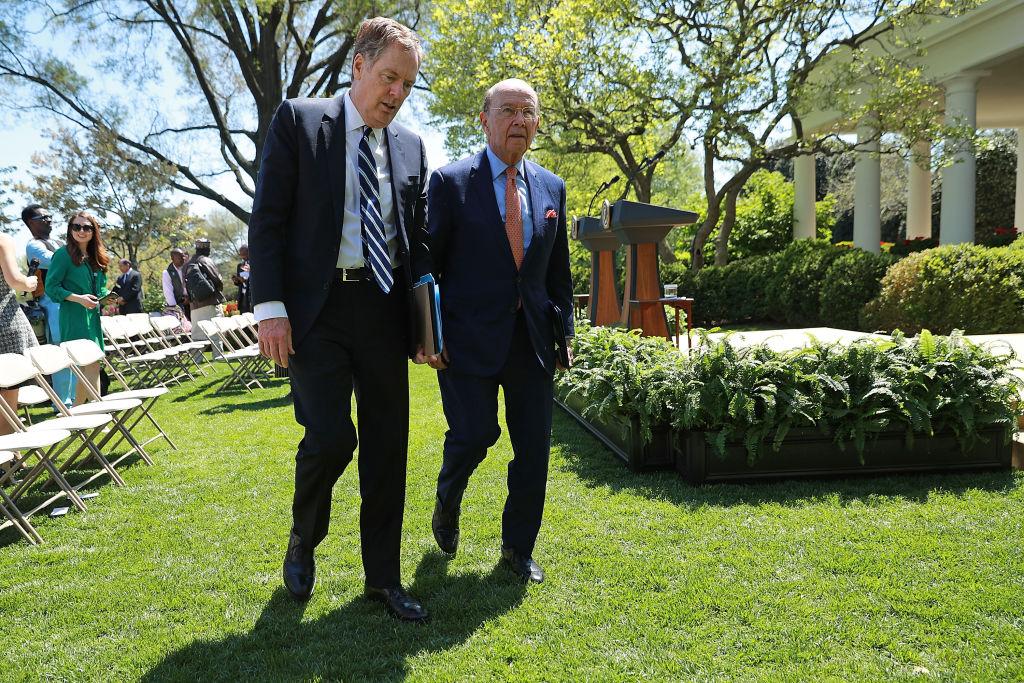WASHINGTON—It has been almost a year since the United States and the European Union (EU) reached an agreement to eliminate tariffs on industrial goods. Talks with the EU, however, are an “early stage work in progress” and signing a new trade deal will take a while, according to Secretary of Commerce Wilbur Ross.
In July last year, President Donald Trump and European Commission President Jean-Claude Juncker agreed to work together toward zero tariffs, zero non-tariff barriers, and zero subsidies on all industrial goods other than cars.





